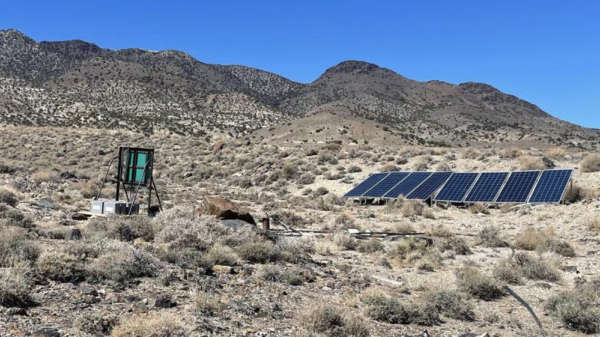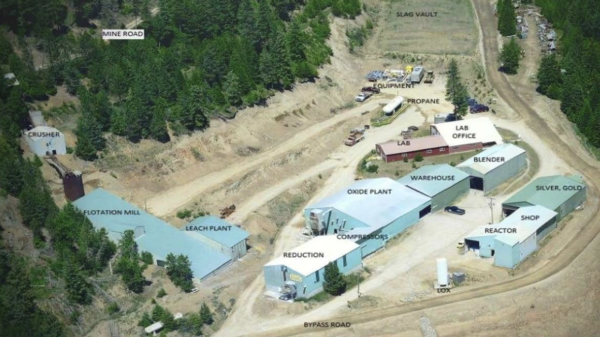India’s House of Parliament approved changes to the country’s rules for mining on Friday to help facilitate exploration, including opening the country to private miners in search of critical minerals such as lithium.
The proposed amendments to the Mines and Minerals (Development and Regulation) Act include the introduction of exploration licenses for critical minerals, which would enable more controlled and regulated exploration activities in these resource-rich areas.
Additionally, the amendment seeks to remove lithium-bearing minerals and five other atomic minerals from the current restricted list. This step aims to open up opportunities in this sector for private miners to participate in the extraction and utilization of these minerals. These proposed changes are intended to stimulate investment, growth and progress in the mining industry.
The latest modification to the mining law aims to make significant changes concerning certain minerals. It plans to remove minerals like lithium-bearing minerals, beryllium, titanium-bearing minerals, niobium, tantalum and zirconium from the list of atomic minerals.
This change will give the federal government the authority to auction concessions for mining these minerals. In the past, only state-run companies were allowed to get licenses for mining atomic minerals.
This move is expected to open up opportunities for private companies to participate in mining these valuable minerals and boost the country’s mineral supply, reducing the need for imports and supporting the government’s efforts towards cleaner energy solutions.
Read more: Government of Canada establishes $1.5B fund for critical minerals projects
Read more: Biden-Harris administration invests US$32 million in rare earths and critical minerals
Mineral scarcity could lead to supply chain disruptions in India
Before the bill becomes a law, it must go through the approval process in the India parliament’s upper house and receive the final assent from the country’s president.
“The mineral sector requires certain more reforms particularly for increasing exploration and mining of critical minerals that are essential for economic development and national security in the country,” the text of the new bill said.
The bill highlights that the scarcity of these essential minerals could potentially result in vulnerabilities and disruptions in the supply chain.
The government’s focus extends to developing domestic reserves of crucial metals, including lithium, which plays a pivotal role in electric vehicle batteries and energy storage. As the global trend shifts away from gasoline-powered vehicles, the country seeks to bolster local production of critical minerals to support the transition towards cleaner energy solutions.
In February, the Geological Survey of India discovered an estimated 5.9 million tons of lithium resources in the mountainous Salal-Haimana region of the Reasi district in the union territory of Jammu and Kashmir.
The discovery places India sixth in terms of lithium resources, behind Australia and ahead of China, which is the largest importer of raw lithium and producer of lithium-ion batteries.
Read more: Critical minerals demand soars as mining industry adapts to clean energy transition: PwC report
Read more: Orford Mining mobilizes exploration teams to gold and lithium projects in Nunavik
Critical minerals and lithium are essential in multiple high-tech industries
Critical minerals and, in particular, lithium are essential components in various high-tech industries, renewable energy technologies and electronic devices.
Additionally, geopolitical dynamics and concerns about supply chain vulnerabilities have further highlighted the necessity of securing local sources of critical minerals, ensuring energy security and reducing dependence on imports.
In mid-July, the Biden-Harris administration announced an investment of USD$32 million in production facilities for the extraction of rare earth elements and other critical minerals from coal for use in sustainable technology.
Follow Joseph Morton on Twitter
joseph@mugglehead.com












